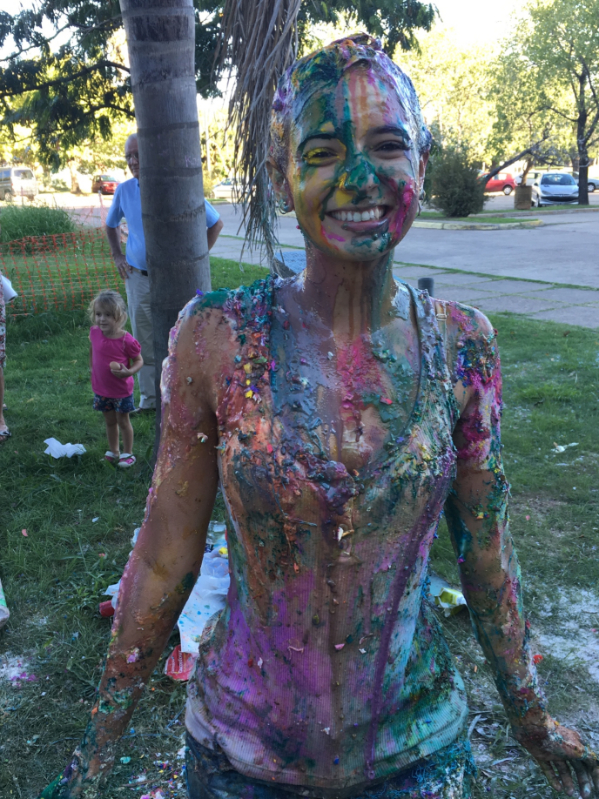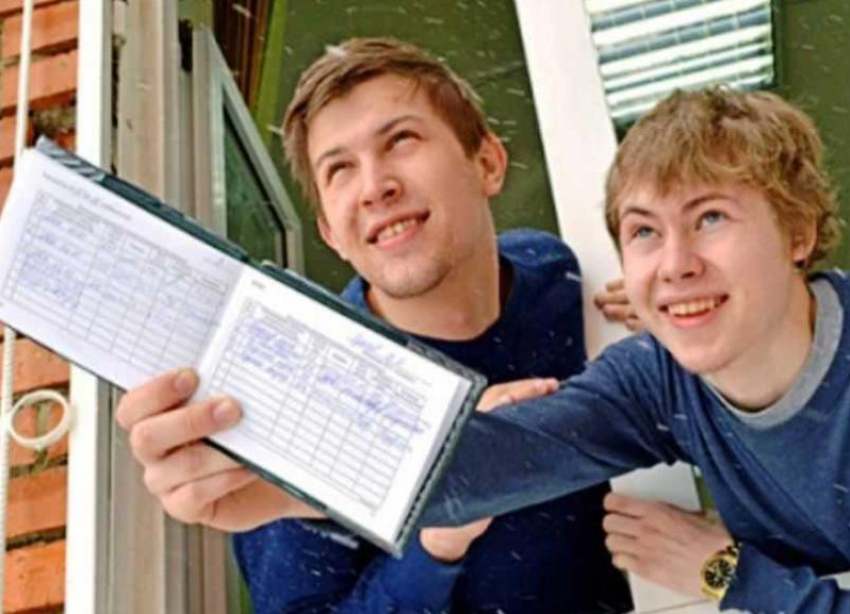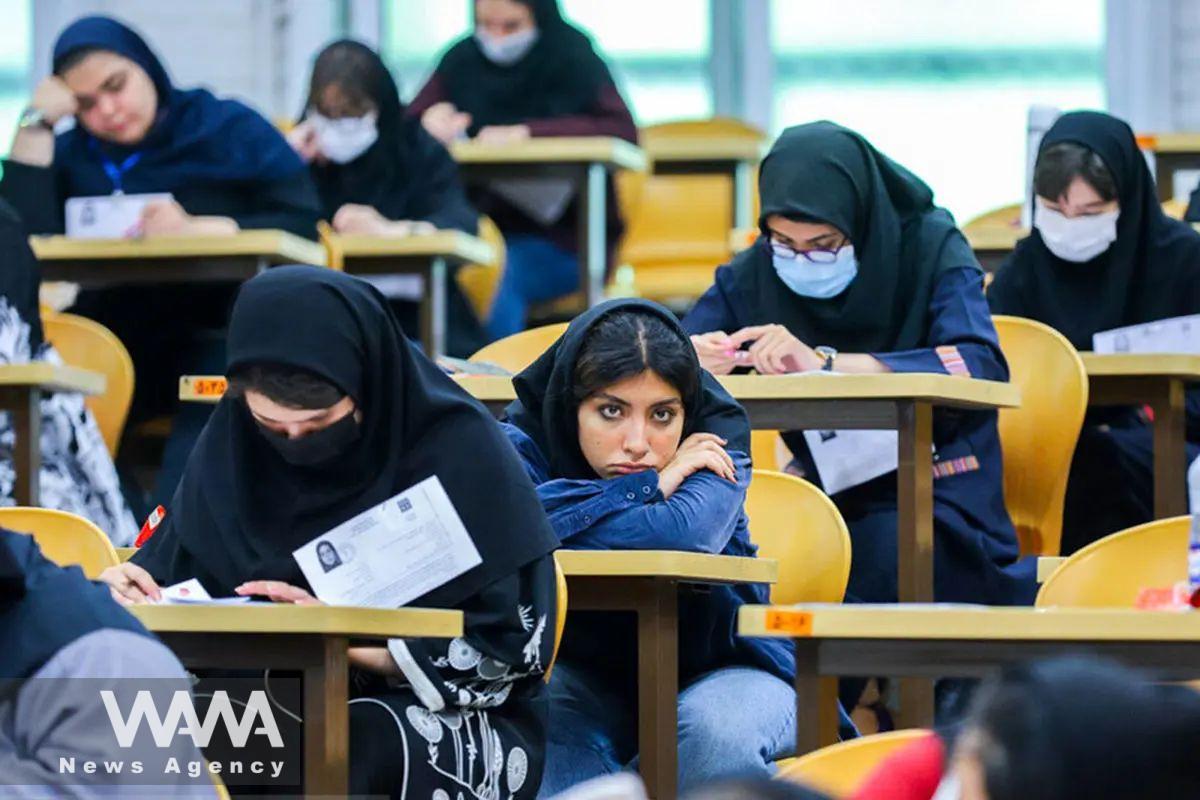Edited by Natalia Biani
Authors: Soheila Adl, Natalia Biani, Marina Dedlovskaya and Roman Senkov
Traditions are more than collective behaviors, symbolisms, practices — they are reflections of shared values, emotions, history, and even adaptations to particular environments. In our diverse academic community, exploring traditions from around the world allows us to appreciate the variety of ways people celebrate pivotal moments in their life.
In the 2022 issue of Ad Astra, we explored wedding traditions of eleven countries ranging from Egypt, Guyana, and India to Guatemala, Poland and Ireland, among others (link to the “Wedding Traditions From Around the World” article). Continuing this global journey, this edition turns its focus to the vibrant and meaningful traditions that students observe during their academic journeys — especially at the time of graduation. From Argentina to Russia and Iran, we uncover how rituals bind communities together, celebrate achievements, and honor transitions, offering a glimpse into the common feelings that connect us across borders.
Natalia Biani, Natural Sciences
by Natalia Biani
 Celeste Biani, my cousin, elated after receiving her Biology degree from Universidad de Buenos Aires, Argentina. Photo source: Natalia Biani’s family photo archive.
Celeste Biani, my cousin, elated after receiving her Biology degree from Universidad de Buenos Aires, Argentina. Photo source: Natalia Biani’s family photo archive.
Traditions surrounding college graduation in Argentina are quite different from those in other parts of the world. In the US, for example, students celebrate graduation day by receiving gifts and going out to a fancy restaurant with family and friends. In Argentina, there is no “Finals Week”. Instead, students navigate their required courses throughout a semester or, in many cases, throughout a whole academic year. Upon completing a course, students need to pass a final exam, which takes place during specific times of the year, either right after the course finished or even months later. These finals are usually conducted orally, meaning that a student would need to answer questions asked by one or two professors on the spot!
Depending on the chosen major, students spend between 5 to 7 or more years studying at the university (medical school is longer), and an honors thesis is usually required for all undergraduate students. Therefore, the last final before a student graduate carries immense significance because it is the end of a long and arduous road. That day, family and friends gather outside the university or in some designated area and eagerly await the verdict. Did the student pass or not? If successful, the graduate can expect a playful yet messy shower of eggs, flour, ketchup, mustard, paints, glitter, hot spices and, in more vicious versions, rotten seaweed or cow manure. As a precaution, soon-to-be-graduates wear really old clothes that would probably be thrown away afterwards. Supposedly, these gastronomic and/or filthy congratulations are believed to bring good luck for the graduate's future endeavors. Then, everybody celebrates with a good “asado” (barbecue), wine and dancing, marking the joyous end of the academic journey.
by Marina Dedlovskaya and Roman Senkov
Summoning Khalyava. The most famous and widespread form of sorcery is the invocation for help of the so-called "khalyava" [1]. At midnight, one must lean out of the window (for added assurance, with an open grade book) and shout the spell three times: "khalyava, come." Then, the grade book should be snapped shut and not reopened until the grade is posted.
The cultural concept of "халява" ([kha-LYA-va], [xɐˈlʲævə]), originating from the Hebrew word חלב (chalav) meaning "milk," has woven itself deeply into the fabric of student life in Russia, embodying the hope and humor of obtaining something for free or with minimal effort. This term's evolution from its agricultural roots – wherein Jewish communities would distribute unsellable Sabbath milk for free – to a modern lexicon of luck and ease among students, illustrates a fascinating journey of cultural adaptation and meaning.
 Studying for an exam. Photo Credits: https://talk-on.ru
Studying for an exam. Photo Credits: https://talk-on.ru
In the pressure-cooker environment of academia, where the weight of exams and assignments constantly looms over students, the allure of "халява" becomes a beacon of hope. This desire for an effortless path through academic hurdles manifests in various student habits and superstitions, reflecting a blend of optimism and tradition. Khalyava can make exams easy, questions elementary, professors kind, and grant everyone with "automatic grades" (professors assign midterm grades based on the student's average performance). Students often attribute these strokes of luck to the benevolent spirit of "халява."
 Student Summoning Khalyava. Photo Credits: https://bloknot-stavropol.ru
Student Summoning Khalyava. Photo Credits: https://bloknot-stavropol.ru
Perhaps the most vivid embodiment of this tradition is the ritual observed on the eve of exams. At the stroke of midnight, students are known to lean out of their dormitory windows, braving the biting cold, to call upon "халява, приди" three times into the night. This act of faith, humorous as it may seem, underscores a deeper sense of community and collective yearning among students for academic grace. It's a moment that unites the hopeful voices of students against the backdrop of their rigorous educational journey.
This tradition not only highlights the shared challenges and aspirations of students but also showcases the unique ways in which cultural concepts are preserved and evolve over time. The concept of "халява," with its origins in generosity and communal support, has transformed into a modern symbol of hope and luck that resonates deeply with Russian students, offering them a momentary escape from their academic challenges and a shared experience that binds them together in the pursuit of success with a smile.
by Soheila Adl
 Students taking the university entrance exam (Konkur). Photo Credits: Social media/ WANA News Agency
Students taking the university entrance exam (Konkur). Photo Credits: Social media/ WANA News Agency
In Iran, education from preschool to the highest degree in public schools is free for Iranians. Unlike in the US, where prestigious schools are mostly private, in Iran, it's the public schools that hold prestige. These schools not only offer tuition-free education but also provide free dormitories for non-local students attending colleges and universities from other cities. Additionally, students at these institutions have access to affordable lunch and dinner options at school or dormitory restaurants. The students are given financial aid in the form loan that is enough to cover their expenses for textbooks, clothing and pocket money. The student loans are interest-free and will be paid back in installments after graduation. Furthermore, school-affiliated hospitals or clinics offer either free or heavily subsidized medical treatments to students.
Iranian culture highly values education, with families emphasizing rigorous studying from an early age in preparation for the KONKOUR, a competitive university admission exam taken after high school [1]. For many students and their families, the KONKOUR preparation period is immensely stressful, and some individuals may need to retake the exam multiple times before passing. After receiving KONKOUR results, successful candidates celebrate their achievements with parties, while those who are unsuccessful often seek admission to private schools, which are not free of charge.
[1] https://en.wikipedia.org/wiki/Iranian_University_Entrance_Exam